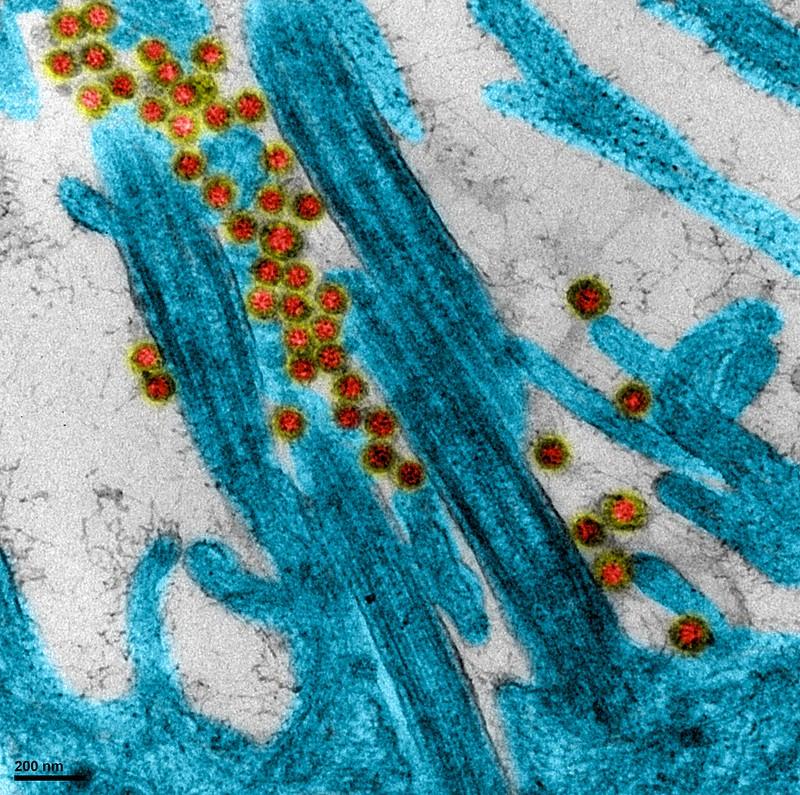The US Centers for Disease Control and Prevention (CDC) yesterday updated its initial assessment of the highly mutated BA.2.86 SARS-CoV-2 variant, which said sporadic detections continue to be reported at the global level, including in the United States, where it has been picked up by three different genomic monitoring systems.
In other new developments, France and Scotland reported their first detections, and additional sequences were reported from South Africa and the United States.
CDC: Transmissibility, immune evasion among big questions
The CDC said BA.2.86 made up less than 1% of circulating viruses over the past 2 weeks in the United States and emphasized that the country's rise in COVID hospitalizations is likely fueled by XBB viruses that are similar to the lineage included in the updated vaccine, which it said will be available in mid-September.
Some big questions about BA.2.86 remain, including its transmissibility and how easily it evades immunity from earlier infection and vaccination. "This is an area of ongoing scientific investigation," the CDC said, adding that it's likely that humoral and cellular immune response will protect against severe disease.
This is an area of ongoing scientific investigation.
Other CDC assessments remain unchanged, including that it's too soon to say if the virus causes more severe disease, that existing treatments such as Paxlovid will be effective, and that there won't likely much effect on the effectiveness of diagnostic tests.
The virus has been detected in either patient samples or wastewater from four states: Michigan, Virginia, Ohio, and New York.
Separately and in a new development, scientists reported that a sample collected on August 22 from a patient from Houston, Texas, has been uploaded to a sequencing database.
Scotland, France report first sequences
Meanwhile, more countries continue to report their first BA.2.86 detections. Scotland reported a sequence collected August 16, bringing to three the number of samples from the United Kingdom.
France reported its first sequence, which involves a sample collected on August 22.
Also, South Africa reported its third detection, a sample from Gauteng collected on August 17.





















